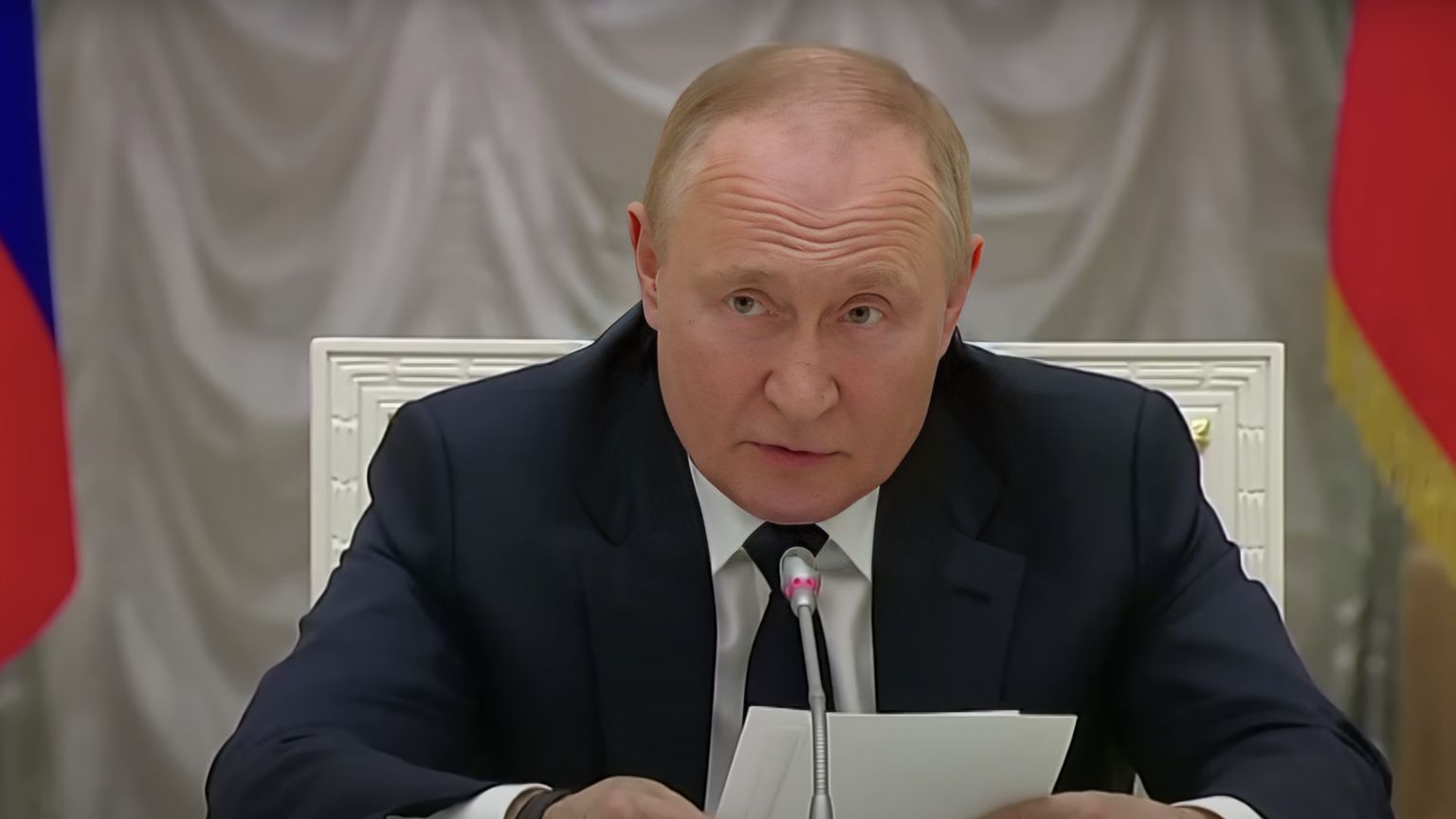On Friday, Russia’s President Vladimir Putin signed a law banning the use of censorship-resistant digital assets like crypto as a form of payment.
The law will ban the accepting or transferring “digital financial assets as a consideration for transferred goods, performed works, rendered services, as well as in any other way that allows one to assume payment for goods (works, services) by a digital financial asset, except as otherwise provided by federal laws.”
The new also has a provision that requires exchanges and crypto providers not to accept transactions of digital assets that could be considered payment.
The bill was introduced to the State Duma last month by the head of the Committee on Financial Markets, Anatoly Aksakov. Now that it has been signed into, the debate within the Russian government on whether to ban crypto or regulate will come to an end.
In January, the Central Bank of Russia recommended banning it while the Minister of Finance said that “regulation is sufficient to protect our citizens.”
There have been concerns that sanctioned Russian individuals and companies might use digital assets to evade sanctions. However, the use of on-chain analytics for transactions tracing has proven hard to circumvent, plus there is the threat of further sanction by trying to evade sanctions.
The enforcement of the new law will begin in just eight days.













